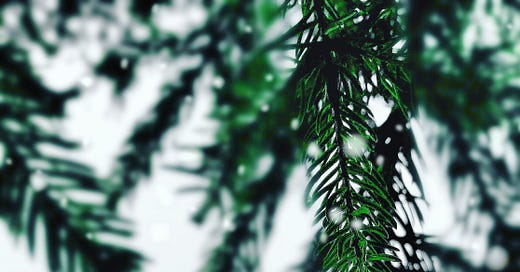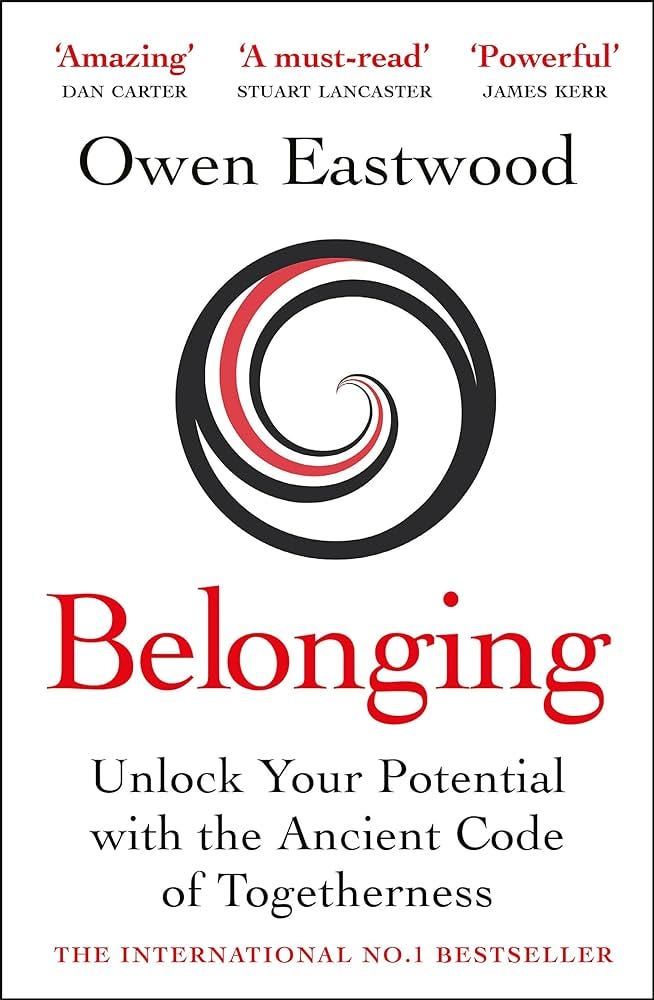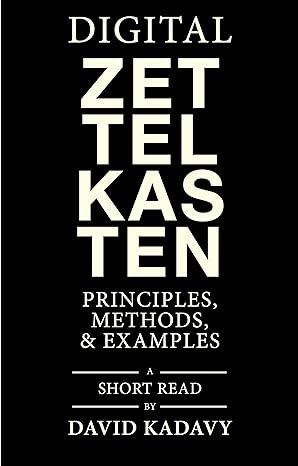I spent the first 10 months of the year feeling like I wasn’t achieving anything or growing, and it’s only been recently that I’ve reflected on all the things I’ve learned since last Christmas. I’m a firm believer in the principle of peripheral wisdom – the idea that most of what we learn is side effect of trying to do something else – so I believe that as human beings we are constantly learning regardless of what we’re doing. That said though, there are a few fundamental lessons that I’ve learned this year that have had a massive impact on the way I view my work, communities, and the world around me. As it’s the season of half-arsing an article before chipping off for Christmas, I’ve decided to do the same with the three most significant things I’ve learned in 2023.
I read Belonging by Owen Eastwood
I wrote about how I love this book a few months ago, and since then I’ve read it again cover to cover for a third time. Eastwood is a Performance Coach of Maori decent, and has worked with some of the biggest sports teams and organisations around the world. In it, he discusses the Maori concept of Whakapapa – the belief that each member of a tribe is part of a chain reaching back generations, a chain to which they are welcome and will always belong to and be remembered by. This incredibly powerful sense of belonging is used to elevate teams to unbelievable levels of achievement, and help individuals feel part of something much bigger than just themselves. Since reading this (for the first time anyway) in February I’ve recommended it relentlessly to anyone who’ll listen, and I’ve begun to recognise the difference between a group which people go to, and a community that people belong to. It ties very closely to my belief that those communities that enable their members to build meaningful relationships and enable members to feel responsible for its success are more resilient, successful, and enduring than others. It introduced me to the concept of the belonging story, which is something that I’ve been trying to bring about in my day job. At a recent team event I told the history of our communities as a story and, whilst I can’t say I did quite as good a job as a thousand years of Maori ancestry, it made me feel proud of the work that we’d done together over the past few years.
I took part of the Communities of Practice Summit
Community Leaders will know that conferences and learning events in our profession are fairly thin on the ground. I’ve always had value in going to conferences and social learning events, but had resigned myself (with hindsight, somewhat arrogantly) that as I have a niche role I would have to fully self-manage my own learning opportunities. One day I was searching for a quote from Etienne Wenger-Trayner that I remembered reading at some point previously, and I stumbled on the fact that they were holding a Communities of Practice Summit at their Social Learning Lab in Sesimbra Portugal. Too exciting an opportunity to pass up, I signed up to take part.
I spent the weeks in the build up feeling very nervous about it. One day I hope I wont secretly feel like an imposter who has stumbled backwards into a career without anyone noticing, but seeing the respective background’s of those attending would have been quite intimidating even if I didn’t. There were people who had worked with the UN, academics from across the globe, physicians, authors, people from charities and non profits who were changing the world in incredible ways, and not least the renowned social scientists Beverly and Etienne……..and me.
Over the course of two days I learned some valuable lessons. I learned how we all cared passionately about what we did, regardless of the space and distance in between us. I learned that we were all working hard to overcome the same kind of struggles and challenges, indifferent to whether we were talking about finance, farming or fishing. I made connections and began relationships with other community professionals from around the world that have since had an enormous impact on me and my learning network since June, and its without a doubt one of the highlights of my journey to be a Community Leader. So proud in fact, that I’ve volunteered to be part of the advisory council for the 2024 summit. Tickets are currently available and I cannot recommend it highly enough – if you can make it, its one of the best learning experiences you’ll ever have.
I started building my Zettelkasten
I have a terrible memory. I spend my life trying to remember and rediscover where I read or heard something, which makes producing anything particularly difficult. I often wonder what I could have achieved in my life if I could remember the things I’ve read instead of clogging up 98% of my synapses with all the lyrics from the entire Queen, Beatles and every early 2000’s punk band’s back catalogue.
A very good friend of mine recommended the book Digital Zettelkasten: Principles, Methods & Examples by David Kadavy. For those (like me) who have no idea what a Zettelkasten is, it’s German for ‘slip box’, and the methodology promotes the value in exploring the connections between related notes that the author has taken. To someone who can never remember where they read anything and spends their whole life thinking things sound familiar but can’t remember why, this approach has proved to be a Godsend. After a few different experiments with tooling I eventually settled on Notion – its not perfect by any stretch of the imagination, but it does the job and its made my life so much easier. It’s also led me to be much more disciplined with my note taking than I ever have been before. I’ve coached myself to take notes in meetings, meetups, or throughout training courses where otherwise I might be sneaking glances at my phone, and I now look at what I’ve put together with a sense of pride each time I’m actually able to find the thing I’m looking for.
I’ll take this one last opportunity to share a link to this Live Sensibly Substack post, where Maaike Brinkhof wrote an excellent piece about her experiences building one of her own.
Right – that’s it for this year. I’m going to take a break over Christmas, but as I’ve already done 99% of the work there will be a Recommended Reading – December edition on the 31st. Other than that though, have a great Christmas and winter break, and see you in the new year 😊
PS - Early will have noticed that I put 2024 in the title and not 2023. Clearly the lesson I should have learned is how to count properly
Thanks so much for reading, if you’ve enjoyed this post I’d really appreciate it if you could share it - alternatively you could always buy me a coffee :)







